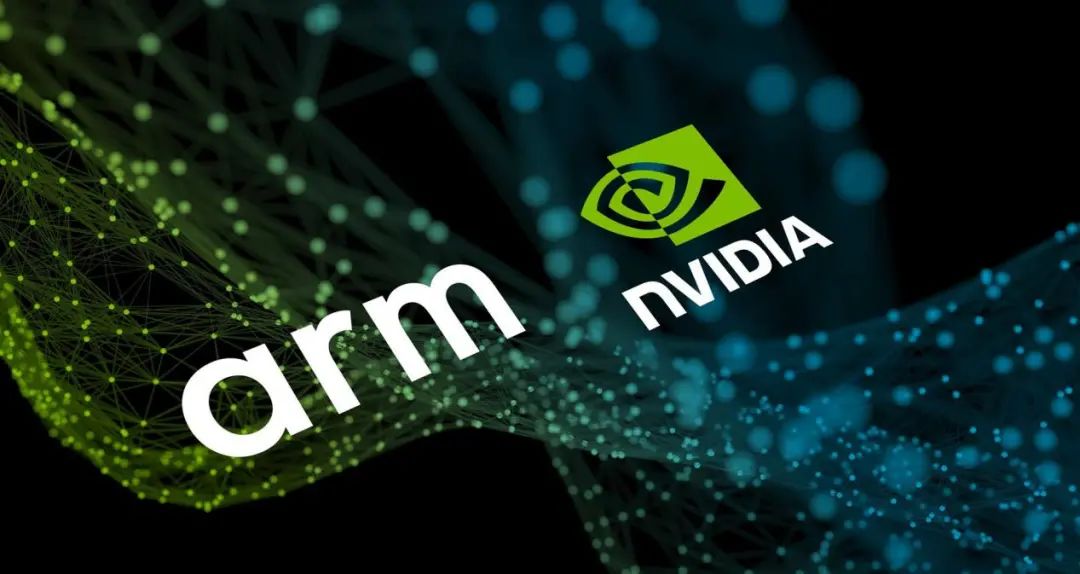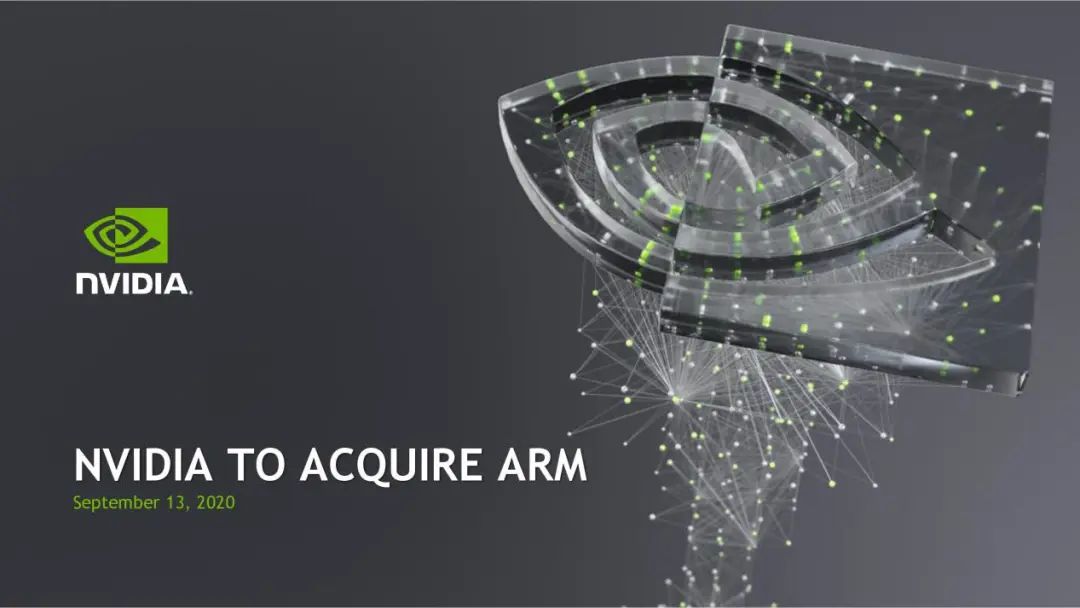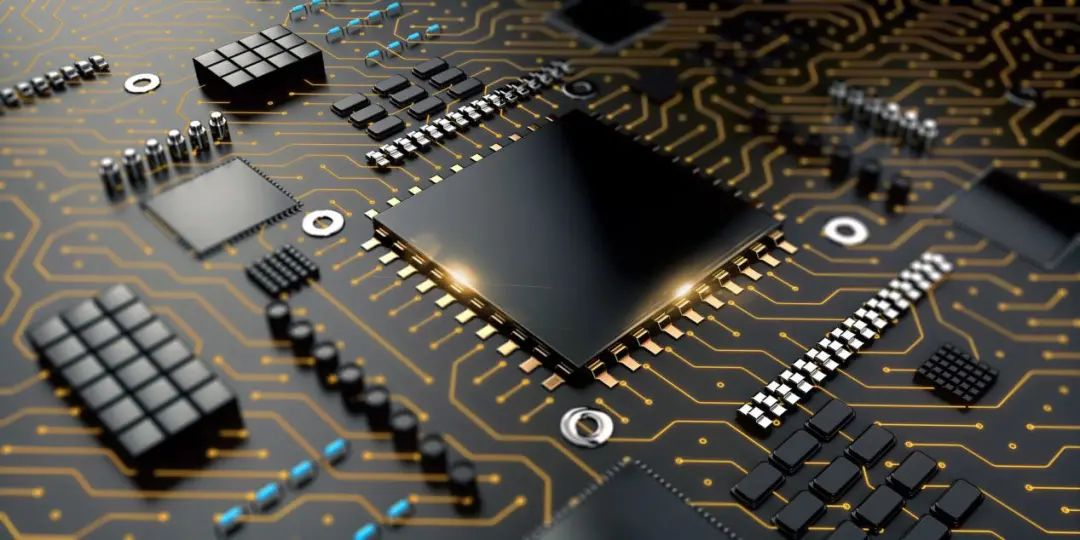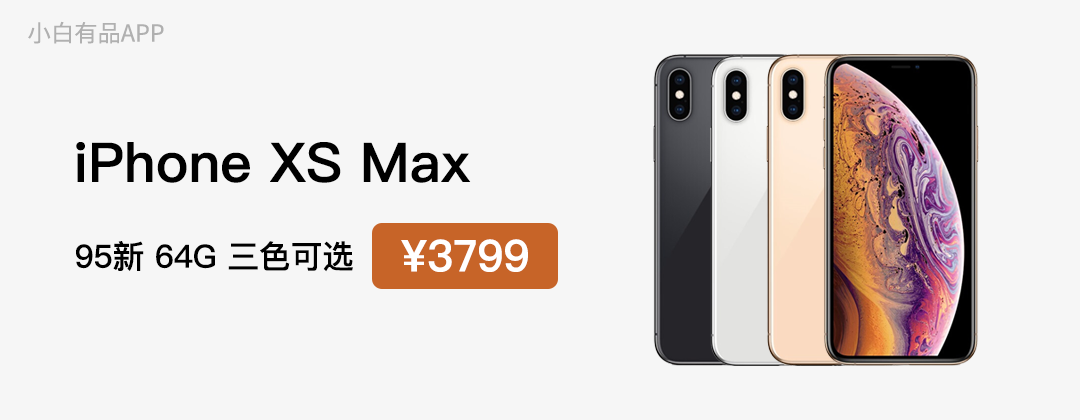NVIDIA’s announcement regarding the acquisition of ARM has been around for some time, and it is still ongoing.There are many differing opinions on NVIDIA’s acquisition of ARM, with both supporters and opponents. NVIDIA’s CEO Jensen Huang has a very optimistic view of this acquisition, stating that acquiring ARM is a “once-in-a-lifetime opportunity,” and hopes that the combination will create a company with leading AI technology that has a broad distribution across various types of computing devices. Although NVIDIA announced on September 13 that they had reached a final agreement with ARM’s owner, SoftBank Group, to acquire the chip architecture provider ARM for cash and stock, valuing the deal at $40 billion, the success of this acquisition hinges on obtaining approval from relevant antitrust regulatory agencies.
Although NVIDIA announced on September 13 that they had reached a final agreement with ARM’s owner, SoftBank Group, to acquire the chip architecture provider ARM for cash and stock, valuing the deal at $40 billion, the success of this acquisition hinges on obtaining approval from relevant antitrust regulatory agencies. Recently, Huang also addressed this issue in an interview, stating: “All the businesses we are engaged in are in highly competitive fields. ARM has a large customer base, but they are weak in the new markets they want to grow into. Therefore, there is every reason to believe that we can help ARM expand into more new markets, and we will also expand our customer base and increase market innovation. Our assessment is that the regulators will be very favorable to this transaction.”
Recently, Huang also addressed this issue in an interview, stating: “All the businesses we are engaged in are in highly competitive fields. ARM has a large customer base, but they are weak in the new markets they want to grow into. Therefore, there is every reason to believe that we can help ARM expand into more new markets, and we will also expand our customer base and increase market innovation. Our assessment is that the regulators will be very favorable to this transaction.” However, for companies that utilize ARM technology, ARM’s acquisition by NVIDIA may not necessarily be a good thing. Recently, Qualcomm President Cristiano Amon was also asked about the acquisition of ARM in an interview.As a major customer in the ARM ecosystem, Qualcomm’s most famous Snapdragon series processors are almost entirely based on the ARM architecture, making this matter very important for Qualcomm.
However, for companies that utilize ARM technology, ARM’s acquisition by NVIDIA may not necessarily be a good thing. Recently, Qualcomm President Cristiano Amon was also asked about the acquisition of ARM in an interview.As a major customer in the ARM ecosystem, Qualcomm’s most famous Snapdragon series processors are almost entirely based on the ARM architecture, making this matter very important for Qualcomm. Amon stated: He hopes that ARM can continue to produce better architectures for the industry and also hopes that ARM can maintain its independence. If the value cannot be realized after the acquisition, it loses its significance.Amon emphasized that he is not viewing this from Qualcomm’s perspective, but rather from the perspective of the ecosystem, as ARM is no longer limited to the mobile domain. He pointed out that innovation in the mobile field not only benefits itself but can also feed back into other application areas, such as automotive. We hope that this independent ecosystem can be maintained.
Amon stated: He hopes that ARM can continue to produce better architectures for the industry and also hopes that ARM can maintain its independence. If the value cannot be realized after the acquisition, it loses its significance.Amon emphasized that he is not viewing this from Qualcomm’s perspective, but rather from the perspective of the ecosystem, as ARM is no longer limited to the mobile domain. He pointed out that innovation in the mobile field not only benefits itself but can also feed back into other application areas, such as automotive. We hope that this independent ecosystem can be maintained. Recent article highlights:Will the iPad mini 6 feature a full-screen design? Renderings and parameters exposed; HomePod mini officially releasedXiaomi 11 production capacity is ramping up, details are gradually being revealedWhat’s so good about the Apple ecosystem worth thousands? Detailed analysis for beginnersIs the Redmi Note 9 series unbeatable at the thousand-yuan price point?Huawei bids farewell to Honor: the future is a competitorBusiness cooperation: [email protected]
Recent article highlights:Will the iPad mini 6 feature a full-screen design? Renderings and parameters exposed; HomePod mini officially releasedXiaomi 11 production capacity is ramping up, details are gradually being revealedWhat’s so good about the Apple ecosystem worth thousands? Detailed analysis for beginnersIs the Redmi Note 9 series unbeatable at the thousand-yuan price point?Huawei bids farewell to Honor: the future is a competitorBusiness cooperation: [email protected]
